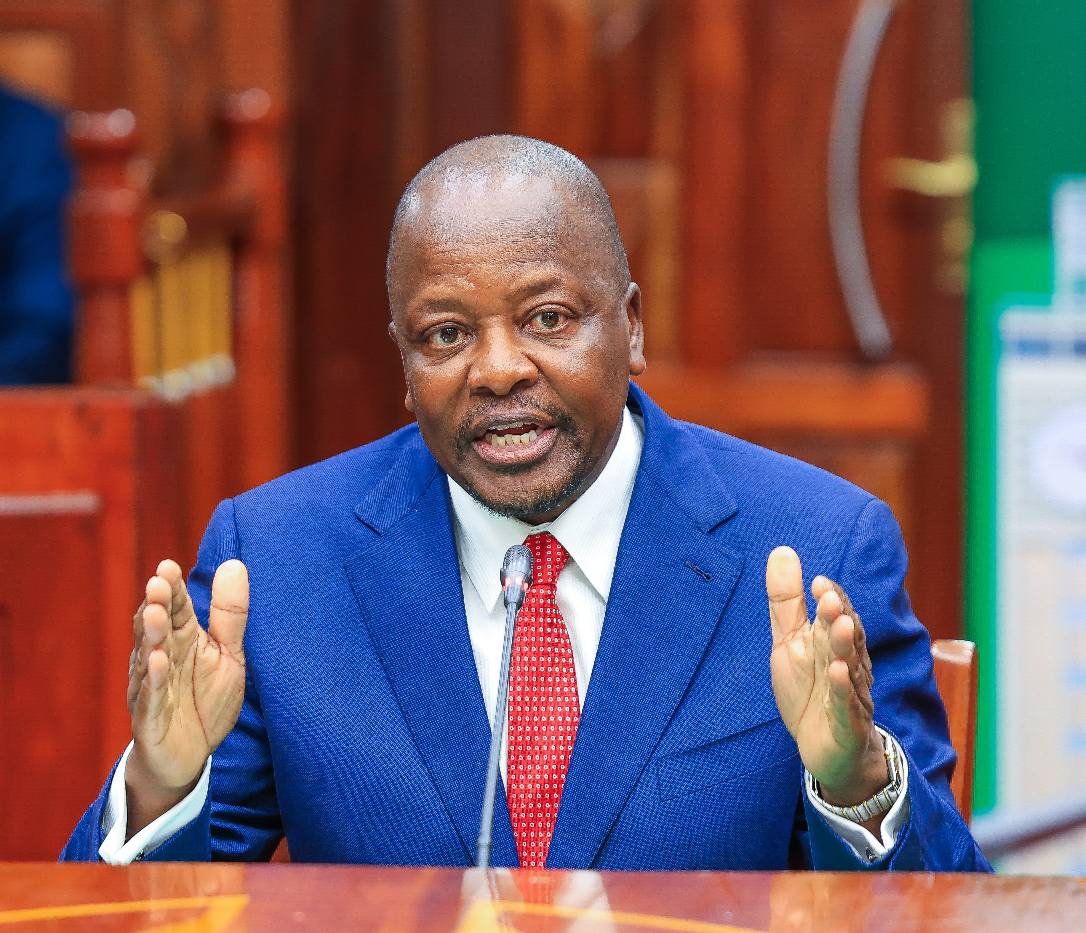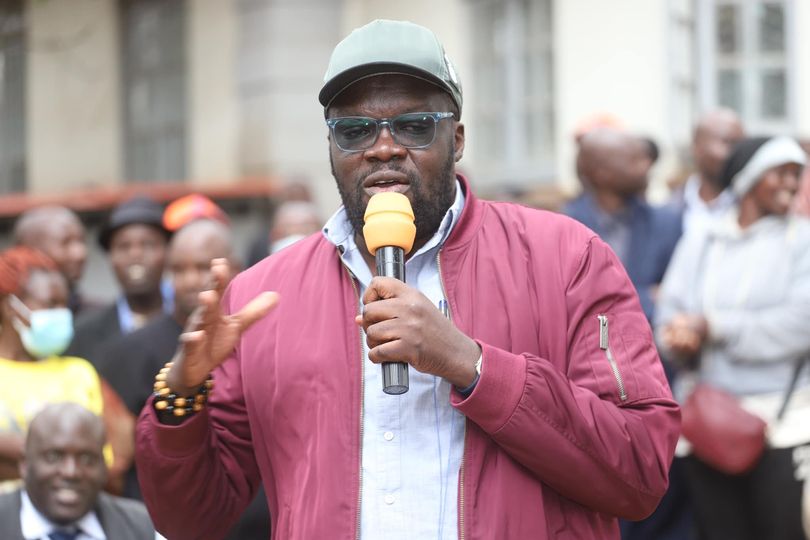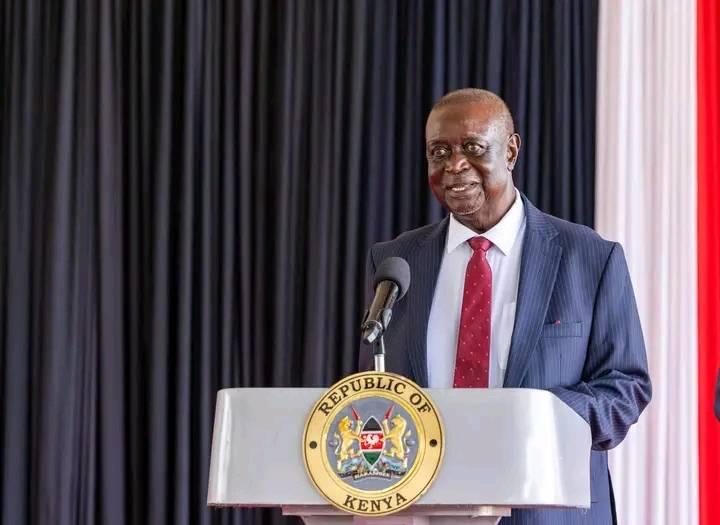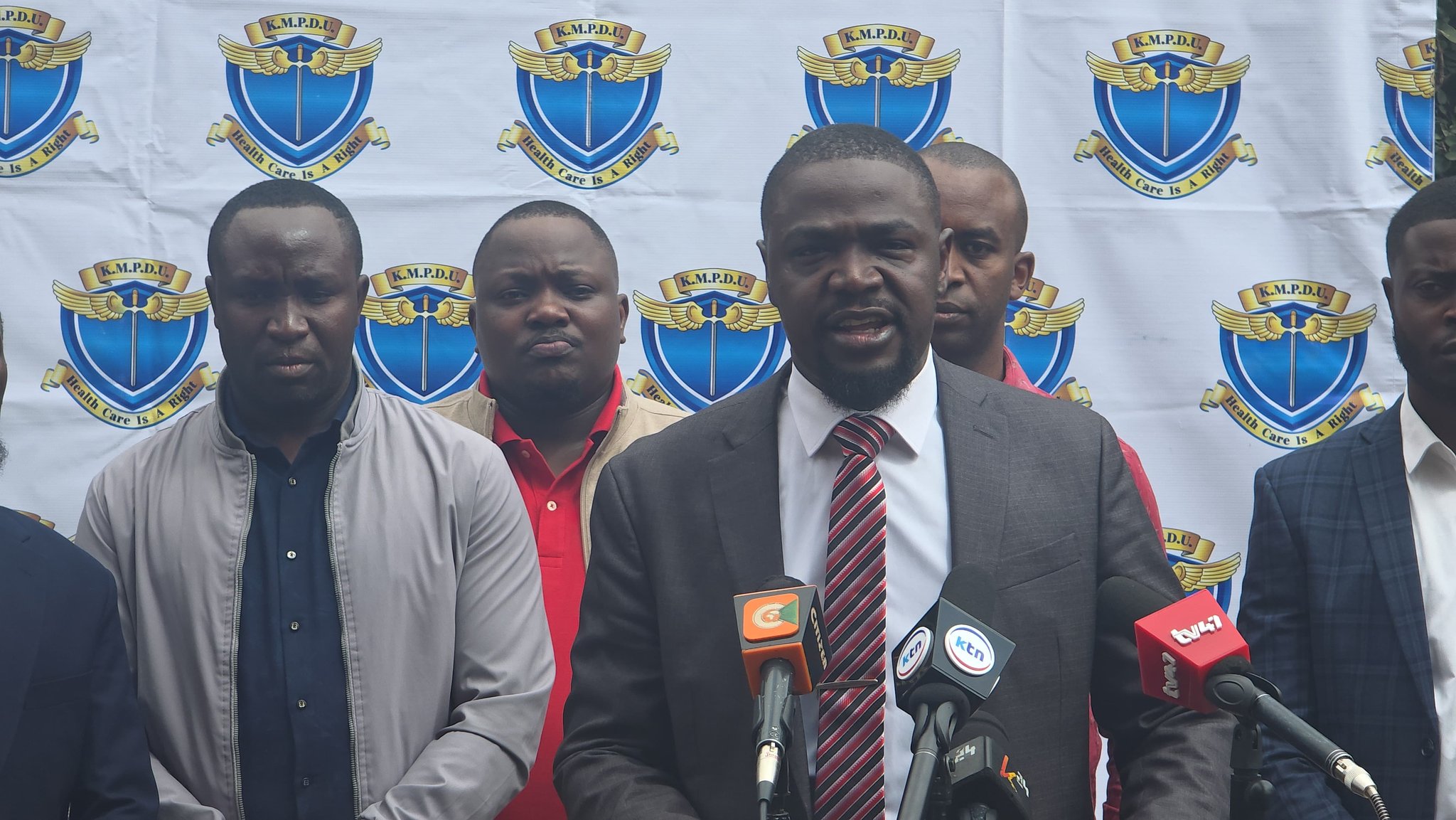Boniface Mwangi: Rape and looting during protests are politically driven, not activism

Renowned Kenyan activist Boniface Mwangi has condemned the recent surge in violence during national protests, asserting that criminal acts such as looting and rape are politically driven—not acts of activism.
Speaking during an interview on June 27, 2025, Mwangi drew a sharp distinction between peaceful demonstrations and politically instigated chaos.
“The raping and looting is not all about activists, but politics,” he said.
He emphasised that while young people may be taking to the streets, many are being radicalised and manipulated by political interests.
“If we wanted to burn this city, it would be so easy,” Mwangi noted, adding, “They came into the city with placards and flags.”
His remarks follow the violent demonstrations of Wednesday, June 25, 2025, where nationwide protests against economic injustices and government policies turned deadly, leaving behind property destruction, injuries, and loss of life.
Mwangi reiterated that true activists are motivated by a love for country, not a desire to destroy it.
“We all love this country; we just don’t love our leaders,” he said. “We do not go out on the streets to destroy property or burn our country. We love it.”
He insisted that violence has no place in activism, stating, “The language of murder, looting, rape, and violence is political. It is not part of activists or any of us. We are part of movements—and we love our country.”

His statement comes amid growing public frustration over the government’s response to the protests and broader dissatisfaction with the political elite.
Mwangi urged authorities to take responsibility and act on evidence of political orchestration.
“There are people who are willing to speak and become state witnesses on who looted, who assaulted our women, and who destroyed our property—arrest people; let there be arrests,” he said.
He noted that initially, the agenda of the demonstration was to commemorate the first anniversary of the June 2024 protests, during which over 60 people were killed by police during the 2024 anti-government protests.
He, however, decried how what was just a commemoration turned into a rowdy crowd with others losing their lives, lootings, women being assaulted, and disorderliness.
He added that families who lost loved ones must be compensated, and even those who lost property during the protests should be paid. He also called for legal action against anyone who looted during the chaos.
Mwangi’s comments come at a crucial moment in Kenya’s political climate, as citizens—especially youth—continue to demand justice, accountability, and economic reforms. His passionate call for distinguishing between genuine activism and politically fuelled violence underscores the need for critical reflection on the forces behind national unrest.
As protests evolve into broader social movements, Mwangi’s words serve as a reminder that true activism is rooted in patriotism, not destruction, and that the political class must be held accountable for exploiting public grievances for personal or party gain.












